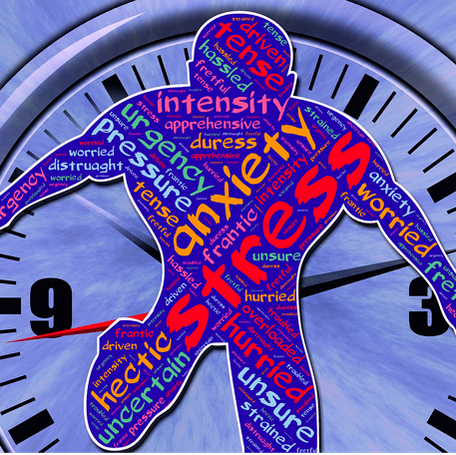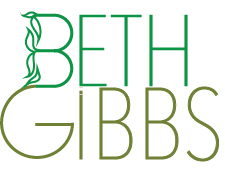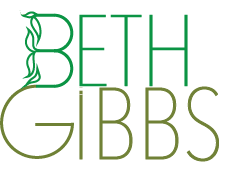ENLIGHTEN UP! a blogSelf-awareness stories: lighting our way to clarity, contentment and resilience in a complicated world.
|
 What the experts say As we all know, times are tough right now. #2020! The Covid 19 pandemic is the first one most of us have experienced in our adult lives but it’s not the world’s first or the last. Throughout 12,000 years of human history, pandemics have killed an estimated 300 million to 500 million people, with the bubonic plague decimating an estimated 60% of the European population during the Middle Ages. According to the National Institutes of Health and the Psychiatric Times online journal, the pandemic is having a serious impact on mental health; an impact expected to be with us long after Covid 19 is over. In addition to the regular stressors of life, the CDC guidelines on masking, social distancing, quarantining, and lockdown protocols have increased the layers of stressors we face. In addition there are the difficult socio-economic effects of the pandemic on essential workers, the middle class and small business owners. Add to that the stress of working from home and caring for children and other family members and we have a double-barreled tall tiered ‘stress mess.’ The effects of these additional stressors can - and most likely have - resulted in higher incidents of emotional disturbance, irritability, insomnia, depression and post-traumatic stress symptoms. The long-term impact is likely to show up in our lives as increased anxiety, anger, depression, domestic violence, substance abuse (I sure hope they aren’t lumping chocolate into this!), and changes in behavior like avoiding crowded places. Researchers point out that these psychological symptoms and the behaviors resulting from them can last from several months up to three years or more after the pandemic is over. A review of stress and how it affects our entire being is useful before we consider how to deal with it. First, a certain amount of stress is normal and necessary. If we didn’t experience positive stress every second of the day, we wouldn’t breathe, our bodies wouldn’t function, our brain would stop working and we’d die – pure and simple. Unhelpful stress, on the other hand, is any event that interferes with our equilibrium on the physical, mental and emotional levels. Here’s a quick review of key terms from a blog post by Nina and Baxter at the Yoga for Healthy Aging Blog. Stress Response. This term describes the response of your mind and body when you are faced with a challenge real or imagined. Fight or Flight State. This term describes the state of your nervous system when your sympathetic system is fully operational. Relaxation Response. This term describes the response of your mind and body to safe circumstances or a secure environment, causing your heart and breath rate to slow, your blood pressure to drop, your energy usage to slow and your digestion and immune systems to turn on. Rest and Digest State. This term describes the state of your nervous system when your parasympathetic system is fully operational, you are mentally and physically relaxed, your body’s vital signs are in their calm state, and the immune, repair, and digestive systems are up and operating. You enter this state naturally when relaxing at home or out in nature, or when you use conscious relaxation to trigger the relaxation response. Conscious Relaxation. This term describes any technique that triggers the relaxation response, including meditation, breath practices that are calming, guided relaxation practices, and even gentle and restorative yoga asana practiced mindfully. Sympathetic Nervous System. Your sympathetic nervous system prepares your body and mind for action by stimulating your heart to beat faster and stronger and slightly raising your blood pressure to improve blood flow, by opening your airways so you can breathe more easily, and by stimulating your thought processes so you can assess your situation and think more quickly. Parasympathetic Nervous System. This system is responsible for nourishing, restoring, and healing your body and mind. When you are physically still and your mind is quiet, your parasympathetic system functions optimally, allowing you to enter the rest and digest state. You can read the full post here: http://yogaforhealthyaging.blogspot.com/2016/03/coming-into-balance-how-stress-and.html For serious mental health issues medical, psychological or psychiatric help is necessary. For those of us dealing with less serious but still difficult stress-mess issues, there are actions we can take to manage them once they’ve been recognized and sourced – either as leftover pre-pandemic issues or the additional ones we may face during and post pan-damn-ic (see my definition of pan-damn-ic and other covid related word plays in Covidictionary, New Words for A New Normal. Here’s a helpful list of actions to consider:
These are keys to building stress hardiness. The huffpost.com blog says “Stress hardiness is not the avoidance of stress; it is a positive response to stressful situations and the ability to minimize their negative effects.” Experts say those who are stress hardy have the following abilities:
Stress hardiness can be learned – that’s the good news. It will take time, attention and effort. That’s not bad news but it is the real deal. During covid times, waking the witness will help us recognize what our stressors are and why we find them troublesome. After facing them and tracing them we can find healthy ways to work with them. Suggested yoga tools and techniques for dealing with pandemic stress-mess is the focus of Covid Times Self Care: Part 2.
1 Comment
|
Archives
July 2024
AuthorBETH GIBBS started her yoga practice in 1968, four months after her son was born and she’s been practicing ever since. She currently teaches all levels therapeutic yoga classes for adults, and specialty classes for seniors in the Hartford, Connecticut area. Beth is a certified yoga therapist through the International Association of Yoga Therapists and is guest faculty at the Kripalu School of Integrative Yoga Therapy. She writes for the blogs, Yoga for Healthy Aging, and Accessible Yoga. Her master’s degree from Lesley University in Cambridge, MA is in Yoga Therapy and Mind/Body Health. Categories |
|
|
Enlighten Up! a Blog
|
Copyright © 2023 Beth Gibbs

 RSS Feed
RSS Feed
